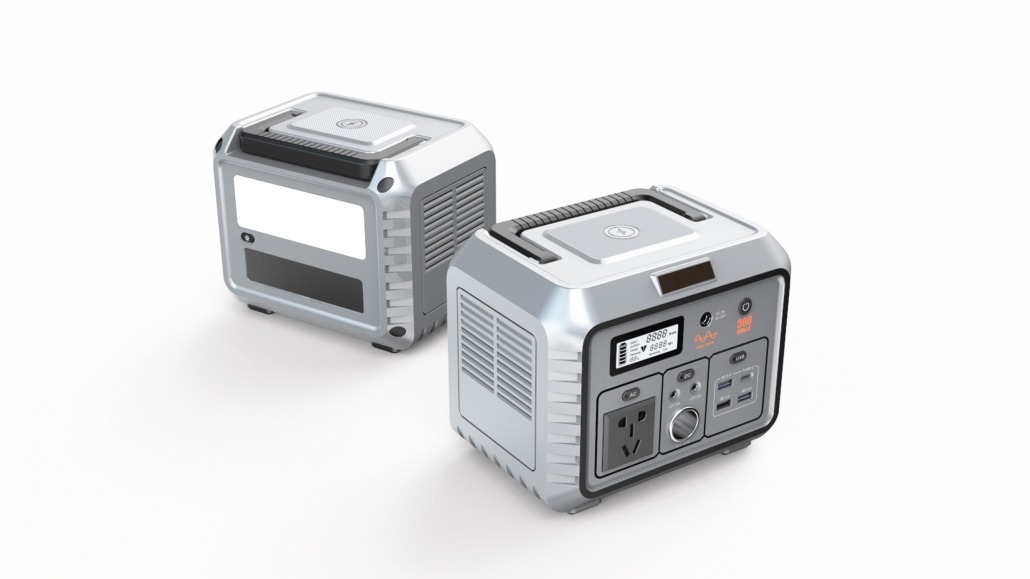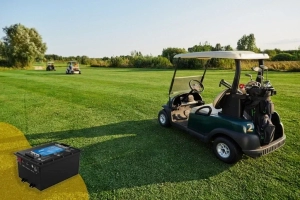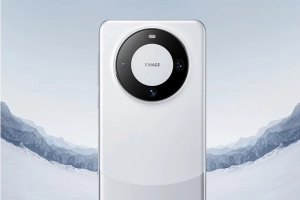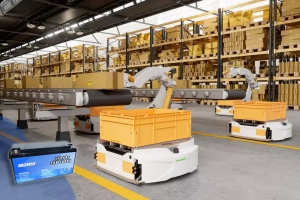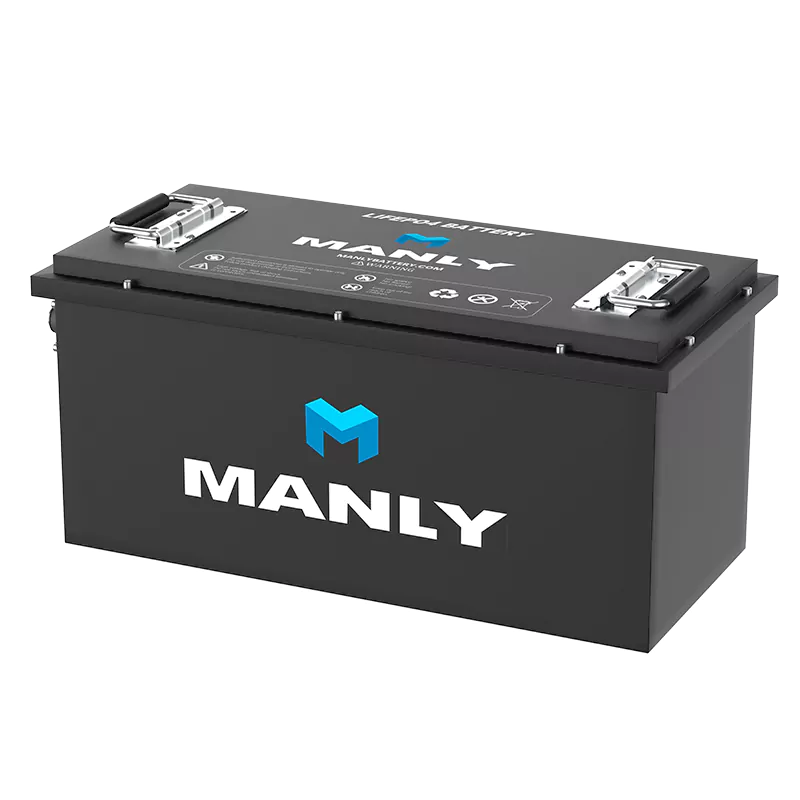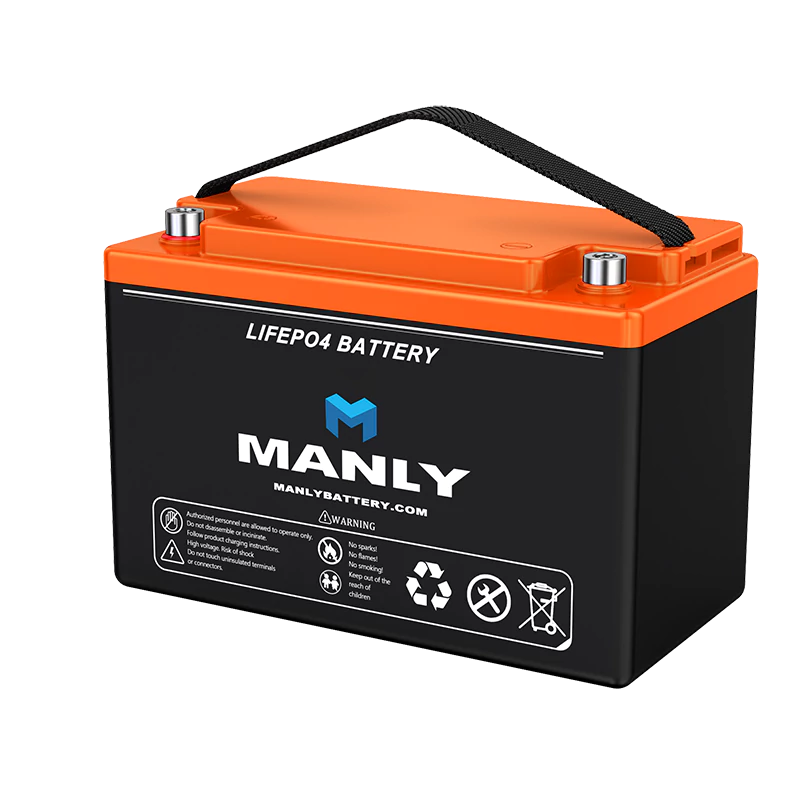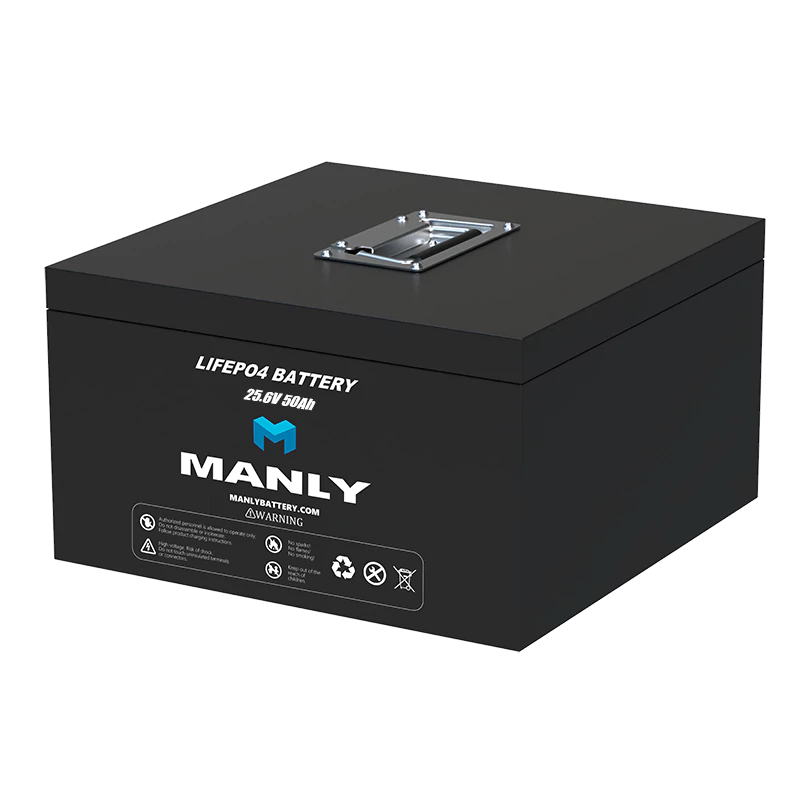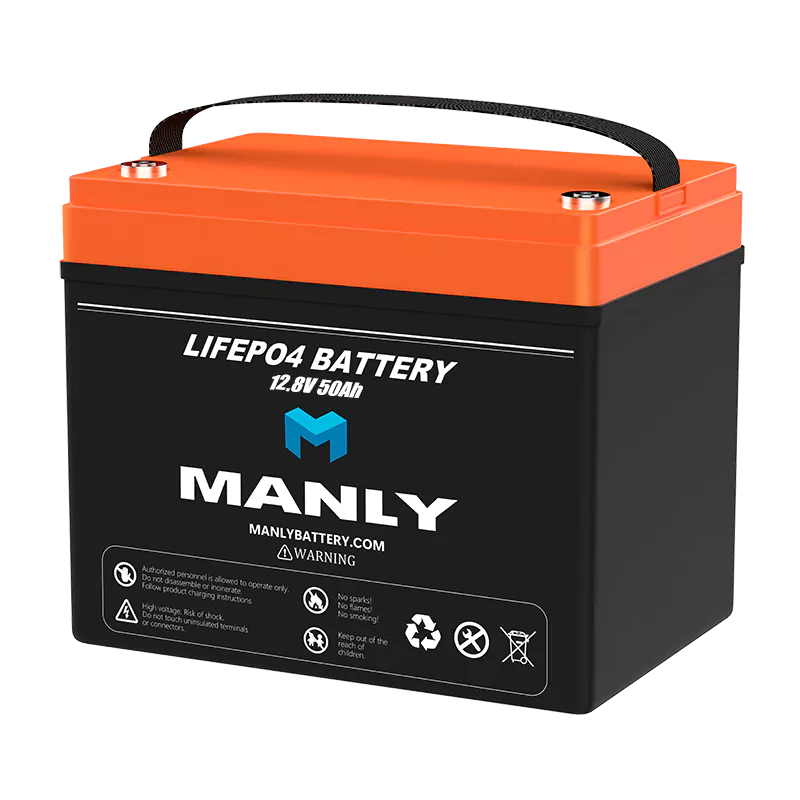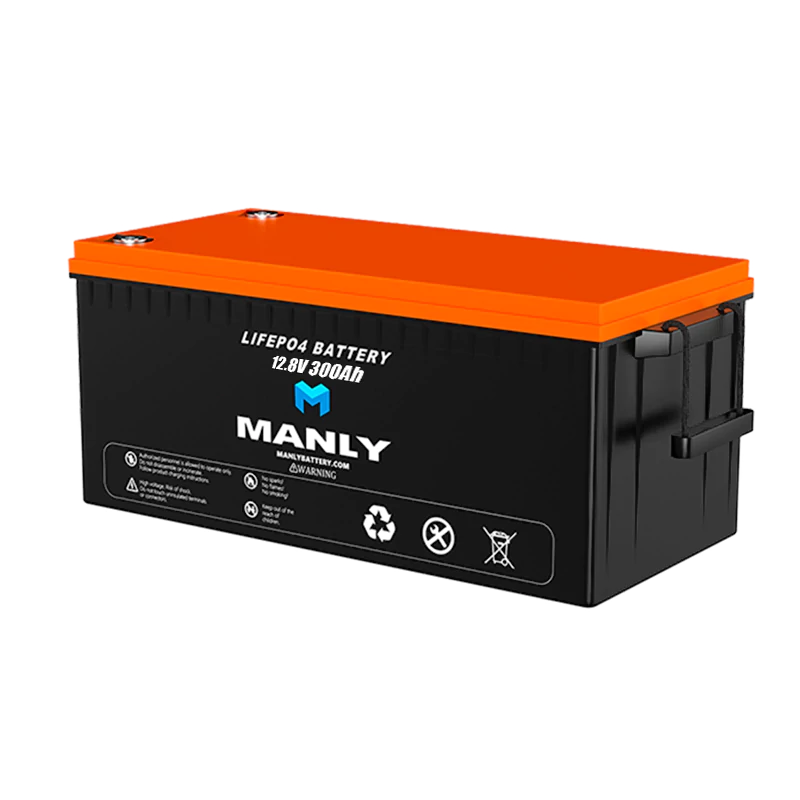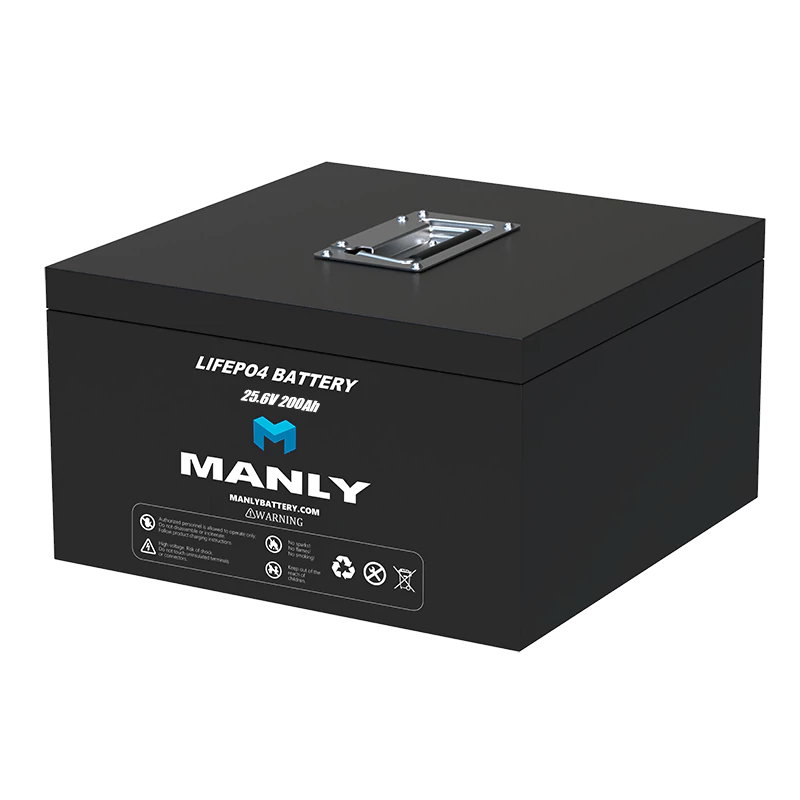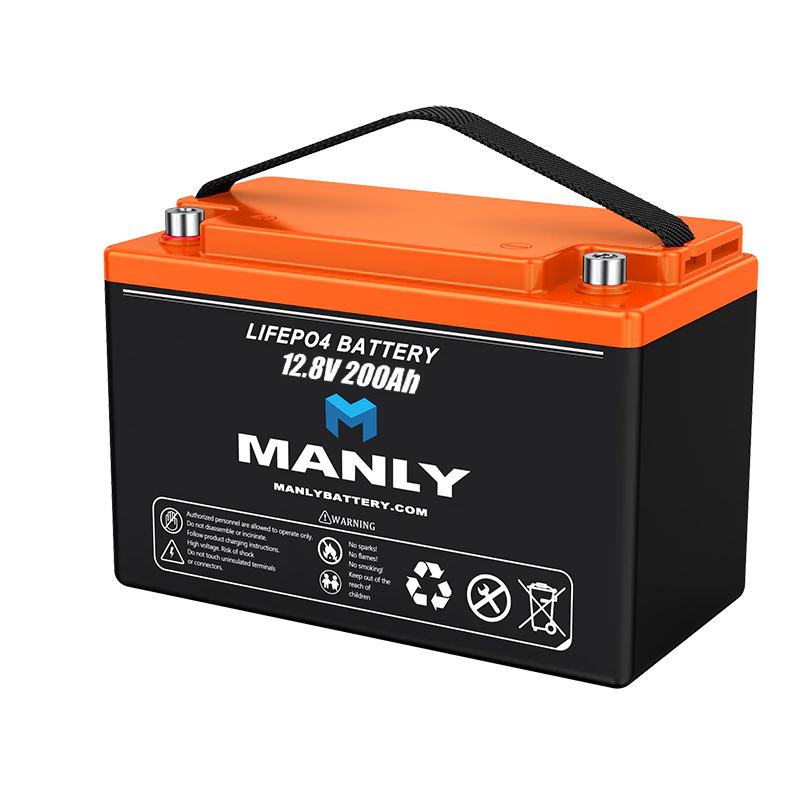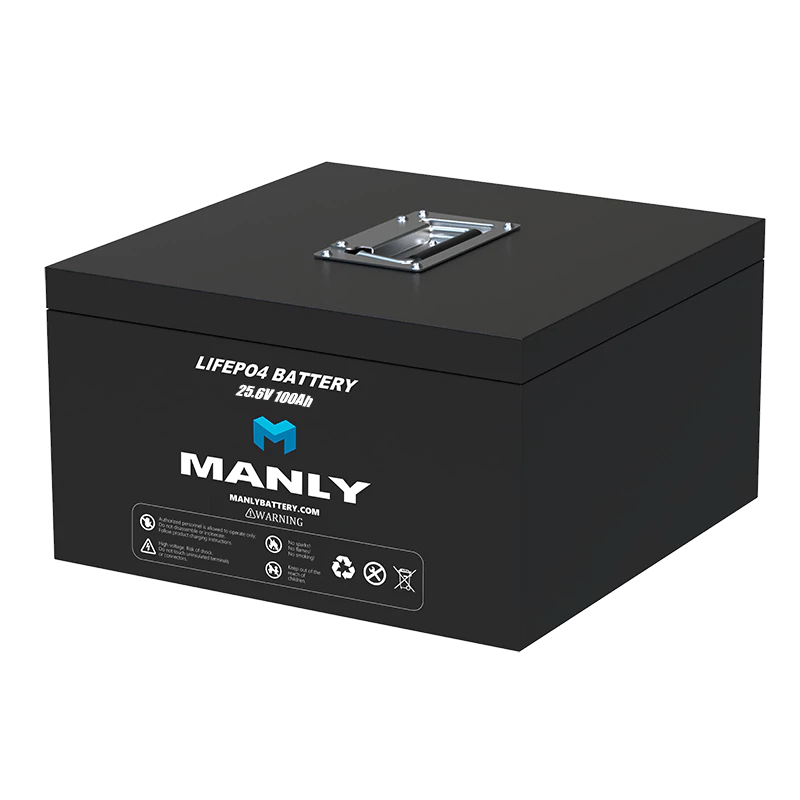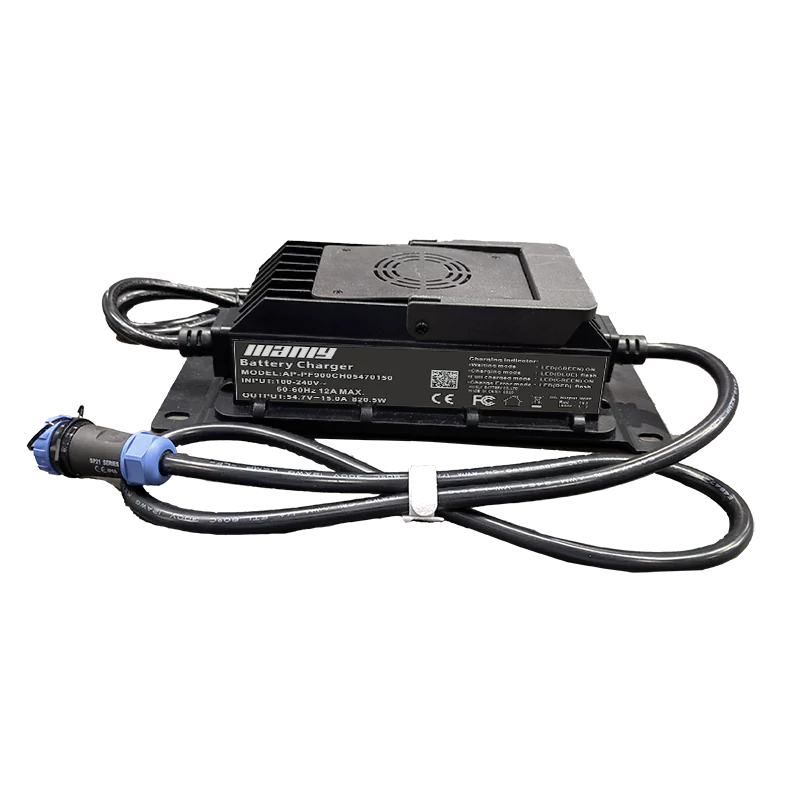Battery Powered CPAP Machine: 2024 Solar Power Tips
Table of Contents
- Battery Powered CPAP Machine: 2024 Solar Power Tips
- What are CPAP Machines?
- Do CPAP Machines Use up a Great Deal of Electricity?
- Can you Bring a CPAP Machine onto an RV, Tent, or Boat?
- Can CPAP Machines Run On 12 Volts?
- Can You Run a CPAP Machine on Solar Power?
- How Much Solar is Needed to Run a CPAP Machine?
- How Much Battery Power is Needed to Run a CPAP Machine?
- Which Size Invertor Do You Need to Run a CPAP Machine?
- Is it Worth Running a CPAP Machine on Solar?
- Learn More About Battery
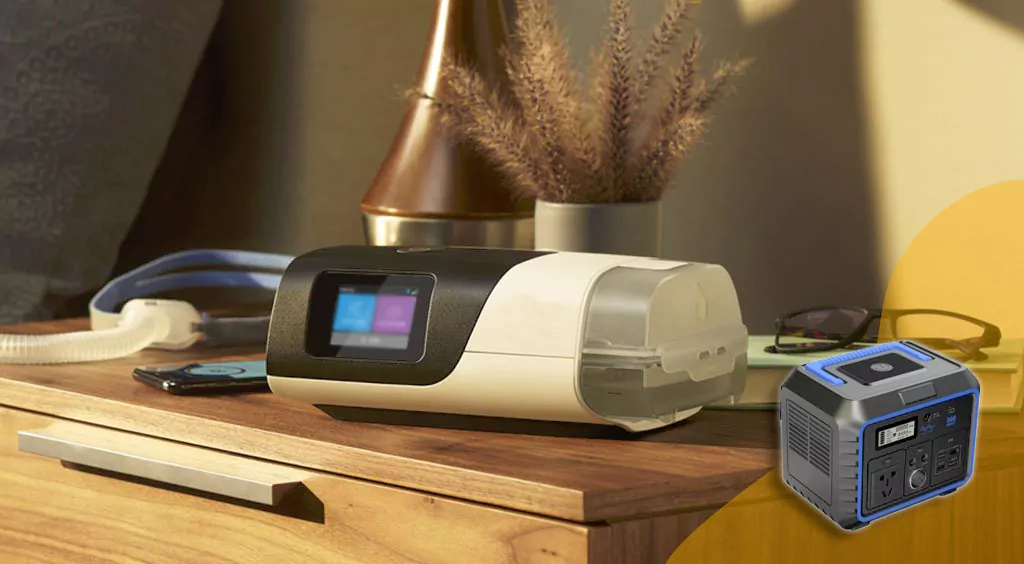
What are CPAP Machines?
Just in case you aren’t familiar with CPAP machines, allow us to bring you up to speed with exactly what they are.CPAP stands for Continuous Positive Airway Pressure Machine, and is a medical device that is primarily prescribed by health experts to help treat sleep apnoea and other similar sleep disorders.Sleep apnoea is a condition where you basically stop breathing while asleep, for a very short period of time (seconds or less) and then start breathing again. Sleep apnoea can not only lead to loud and excessive snoring which almost sounds like choking, but in more serious cases, it can affect the brain or even be fatal.Though there is a lot more science to it, sleep apnoea is caused by the airways becoming wide, and then narrow, as you sleep. Age can cause the condition, as can obesity, genetics, and other respiratory illnesses and medical conditions.The condition is treated via a mask that you wear when asleep, which is known as a CPAP machine. The mask sends a steady and continuous stream of air into the mouth and nose as the person wearing the device is sleeping. This keeps the airways open and prevents them from constricting, and therefore prevents them from collapsing, resulting in breathing issues.The machines don’t run by magic, they usually feature a motor which helps to compress the pressurized air, before passing it through a filter attached to the mask worn over the mouth and/or nose.Do CPAP Machines Use up a Great Deal of Electricity?
As you can see, CPAP machines can be very important pieces of medical equipment, which is why people worry about the CPAP wattage and power consumption of a battery powered CPAP machine.If you’re out camping, sleeping on a boat, in an RV, or are off-grid, if you or anybody in your party needs a CPAP machine, it’s only right for you to worry about how much power a CPAP machine uses. So, do they use a lot of power? Well, not really, no.CPAP machines use a small amount of power, so if you are away from home, this will come as very welcome news indeed. Of course, the power can vary, and we’ll look at a 12 volt CPAP machine a little later on. For now, however, if the device you use does not have a humidifier, it will use anything from just 30 – 60 watts on average. In terms of CPAP wattage consumption, this is very little indeed.As far as kilowatts go, you can expect to use just 0.5KW in around 8 hours. If you are using a MANLY BATTERY 100AH LiFePO4 12V lithium battery, this would be less than half of the battery’s full charge. Basically, running the machine all night, you would expect to use just 50% of your battery’s power.Even if your CPAP machine has a humidifier, it will still use around 90 watts, which your battery could still comfortably deal with if you happen to be using solar. So, now you can sleep a little more soundly.Can you Bring a CPAP Machine onto an RV, Tent, or Boat?
Whereas sleep apnoea can be a serious condition, you shouldn’t let it rule your life or stop you from doing things that you want to do. With that said however, if you need a CPAP machine, you need to ensure that it has a continual supply of power.CPAP machines need mains-powered electricity, rather than their integrated batteries.If you’re camping, in an RV, or on boat, you will therefore need a power supply next to your bed, in some form or another. If you have access to mains power, this is not an issue. If you are wild camping, or simply don’t have electrical hookups for your boat, RV, tent, or campsite, you will need an alternative source of power, such as a power bank perhaps.Now, what type of power source will depend on your CPAP machine. It could be a standard 12v plug in, or a 120V outlet which you have connected to an inverter. If you do this, you’ll find that the inverter will convert the 12V DC power from your batteries into the 120V AC which you will need to plug the CPAP machine into, and operate.Recharging the batteries will require either a generator, or more effectively, solar panels to help charge your batteries via solar.Can CPAP Machines Run On 12 Volts?
Even though we already gave the answer to this question away, and confirmed that, yes, you can indeed run a 12 volt CPAP machine, we’d like to look at it in more detail.In terms of CPAP wattage, most of these devices are designed to run off of a 120 volt outlet. That doesn’t mean that a 12 volt CPAP machine doesn’t exist however, because it does, it will just likely be called a ‘dual voltage CPAP machine instead.You can also use an inverter to run any CPAP from 12 volts, as the inverter will convert the 12V into 120V or 240V so the machine can operate. Just be aware that an inverter will result in an average of 25% loss of power.Can You Run a CPAP Machine on Solar Power?
In short, yes, you absolutely can run a CPAP machine on solar, although solar panels are not the only equipment which you will need if you wish to power the device in this way.Solar panels are not reliable, or rather, the weather isn’t reliable. Obviously you can’t charge them at night, and if you use them in the winter, you get less daylight, plus the weather is likely to be poor. Poor weather any time of the year will affect how much power your panels get.This is why deep cycle batteries for storing your solar energy, are so crucial. MANLY Battery lithium ion batteries for example, are fantastic as they hold their charge, they have very slow discharge levels, they’re lightweight and are ideal for camping, and of course, they are reliable.Simply ensure they’re fully charged before you go to sleep, and in the morning you can gauge how much charge has been lost during the night.How Much Solar is Needed to Run a CPAP Machine?
In terms of how much solar you need to power a battery powered CPAP machine, you must first check your device and look at the details.If your power consumption is given in amps, you can convert this into watts by simply multiplying the amps by the volts.Now that you have the watts, you can then convert them into watt hours where you can figure out how much power you are going to need from your solar panels. Watt hours basically tell you how much power you need from the solar panels and how long you will use the machine. So, if your machine uses 50 watts, you will simply multiply 50 by the number of hours the machine will run. So, if you sleep 7 hours, this would be 50 x 7, giving you 350 watt hours.Typically, a solar panel (100 watt) produces 350-watt hours each day. To work out how many solar panels you need, you should divide watt hours by 350. This would be exactly 1 solar panel, but just to be safe, you know that 2 panels would be more than enough.There’s a lot more to it, but there are plenty of tools and calculators you can use online to give you the exact figures. Just be aware that solar isn’t always reliable, so try to harness as much as possible to make up for cloudy days.How Much Battery Power is Needed to Run a CPAP Machine?
Okay, so we’ve looked at what you can do to determine how much solar power you need to run your CPAP machine, so now we need to look at battery.If your CPAP requires 350 watt hours, you can work out how much battery is required by looking at the battery’s power output. A MANLY 100AH battery, if running nothing else, would be able to power a CPAP machine for just over 3 nights. Just be aware that lead acid batteries are far less efficient, and less reliable, than lithium batteries.Equip your CPAP machines with MANLY Battery's professional-grade, long-lasting lithium batteries. Designed for portable medical devices, we ensure safety and durability. Benefit from our 10-year warranty and competitive bulk pricing. Elevate your business's medical equipment reliability with MANLY Battery's trusted solutions.